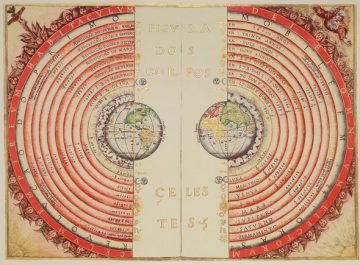Abraham Loeb in Scientific American:
 At a recent group meeting, my postdoc raised a question: “Should we make our theoretical model more complex so that our explanation of the data will not appear too trivial?” I was surprised by this suggestion and felt obligated to explain why. “Simplicity is a virtue,” I said, “not a deficiency. Excessive mathematical gymnastics is used to show off in branches of theoretical physics that have scarce experimental data. But as physicists, we should seek the simplest explanation for our data. This is the lifeblood of physics and the appropriate measure of success.”
At a recent group meeting, my postdoc raised a question: “Should we make our theoretical model more complex so that our explanation of the data will not appear too trivial?” I was surprised by this suggestion and felt obligated to explain why. “Simplicity is a virtue,” I said, “not a deficiency. Excessive mathematical gymnastics is used to show off in branches of theoretical physics that have scarce experimental data. But as physicists, we should seek the simplest explanation for our data. This is the lifeblood of physics and the appropriate measure of success.”
For decades, it was believed that our simple model of the early universe, characterized by a small number of parameters, was naive and the result of scarce data. By the turn of the 21st century, we had collected enough to verify that the universe indeed started from the simplest possible initial state, being nearly homogeneous and isotropic with small fluctuations that developed into the complex structures we find in it today. This simple cosmological model, which has existed for a century, is the foundation for modern cosmology.
More here.
